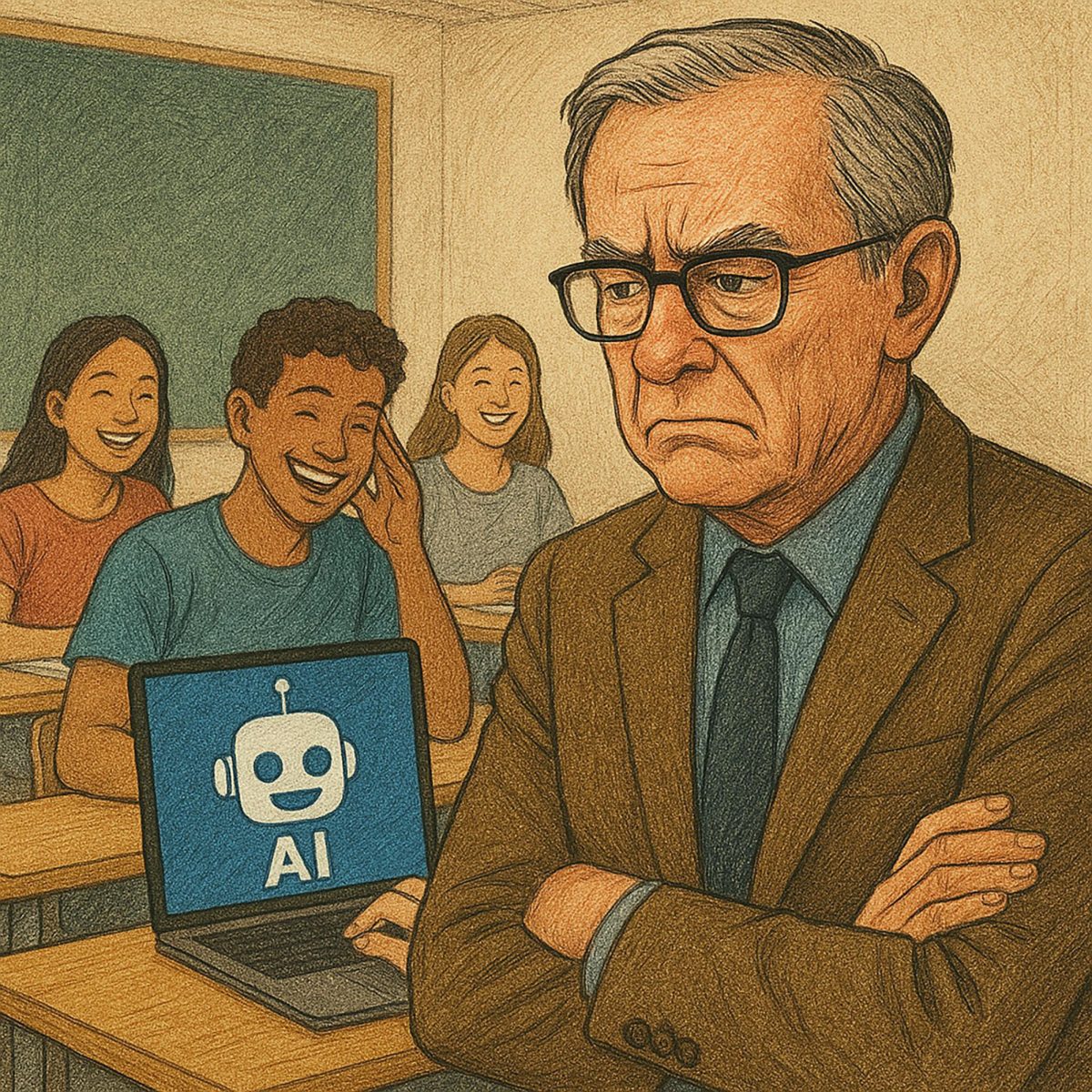
This photo illustration was created using ChatGPT.
The use of artificial intelligence in college classrooms has become a growing concern and a growing habit. While some students see AI as a helpful tool for understanding and assisting with assignments, many professors worry that it’s replacing one of the most essential parts of education: thinking.
Dr. Judith Collins, professor of English at Campbellsville University, has seen the effects of AI use.
“College is about thinking because life is about thinking,” she said. “If you can’t think something through enough to write about it, then you can’t think it through enough to understand it.”
Collins believes that AI has made it easier for students to avoid the hard work of learning.
“The brain is like a muscle; use it or lose it,” she said. “You may have a pretty diploma if you don’t get caught, but without gaining the ability to think for yourself.”
However, many students view AI as a helpful tool for their academic work.
Caleb Edmiston, a senior at CU, sees things differently. While he admits to using AI occasionally, he believes there’s a right way to do it.
“I have used AI, but only to understand some tasks, never to cheat,” he said. “AI is very useful if you know how to use it. However, I would never rely on it for my assignments.”
Edmiston believes universities should consider changing their policies, adding clearer boundaries for its use.
“Universities should allow the ethical and responsible use of AI,” he said.
This tension between technology and critical thinking is not new. AI has accelerated the discussion. Dr. Sarah Stafford, also a professor of English at CU, holds a firm point of view.
“The student is completely losing, not gaining,” she said. “What is the best thing a human being can have? It’s their own ability to think. And that is exactly what they are not doing.”
Both Stafford and Collins have banned the use of AI in their classrooms, arguing that even plagiarism requires more engagement than AI tools do. For them, the problem isn’t just academic dishonesty: it’s the loss of intellectual effort.
The debate over AI is far from the finish line, and universities across the country are still deciding how to handle its growing presence. One thing is clear: in a world where machines can write essays or make assignments, the value of truly human thought may be more important than ever.